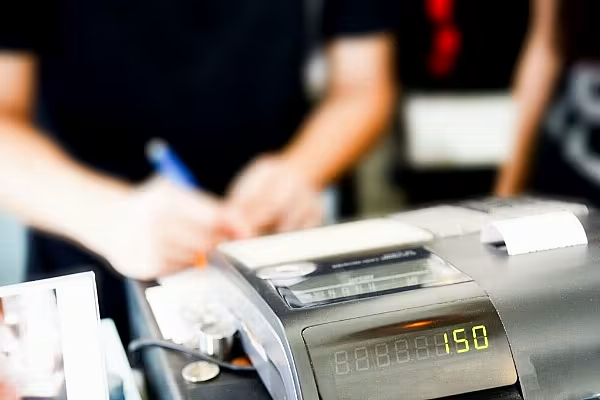More British people returned to offices after schools in England reopened, but there were falls in consumer spending and ships calling at British ports, weekly official figures on the impact of COVID-19 on the economy showed on Thursday.
Bank of England CHAPS payment data showed debit and credit transactions at 80% of their February 2020 level in the week to 11 March, down from 83% of their pre-pandemic level the week before.
The Office for National Statistics, which published the data, said the fall reflected a drop in spending on 'staples' - such as food and utility bills - which typically peak around the turn of the month. The data is not seasonally adjusted.
Volatile Figures
The weekly figures are more volatile than the main monthly data published by the ONS - which showed economic output collapsed by 10% last year - but are intended to give a quicker sense of how the economy is performing.
Some 53% of British workers travelled to their place of work at least once during the week to 14 March, up from 48% in the week before, while the proportion working solely from home fell to 30% from 36%.
The ONS said the increase coincided with the reopening of schools in England on 8 March.
The number of cargo ships calling at British ports - sometimes used as an indicator of disruption from COVID and Brexit - was 17% lower than the previous week and 15% below its year-ago level in the week to 14 March.
This reversed an upward trend seen since the start of the year, and the ONS said it could reflect disruption caused at some ports by strong winds on 11 March.










